

Navigating the world of drywall screws and anchors can be complex, especially when aiming for a reliable supply chain. This guide offers an in-depth look at different types of screws and anchors, their applications, and how to choose the right factory for your needs, ensuring strong and lasting drywall installations.Understanding Drywall ScrewsTypes of Drywall ScrewsDrywall screws are specifically designed for attaching drywall to wood or metal studs. They come in various types, each suited for different applications: Type S (Sharp Point): Ideal for attaching drywall to wood studs. The sharp point allows for easy penetration without pre-drilling. Type W (Self-Drilling): Designed for use with metal studs. The drill-point tip creates its own hole, simplifying the installation process. Fine Thread Screws: Used for thinner gauge metal studs. Coarse Thread Screws: Used for wood studs.Selecting the correct type of screw is crucial for a secure and long-lasting drywall installation. Always check the stud material before choosing your screws.Drywall Screw Sizes and ApplicationsDrywall screws come in various lengths, typically ranging from 1 inch to 3 inches. The appropriate length depends on the thickness of the drywall and the type of stud. 1-inch screws: Suitable for ?-inch drywall attached to wood studs. 1 ?-inch screws: Best for ?-inch drywall attached to wood studs. 1 ?-inch screws: Used for thicker drywall or when attaching to metal studs.Using the correct screw length prevents the screw from protruding through the stud or not penetrating deeply enough, both of which can compromise the integrity of the installation.Choosing the Right Drywall AnchorsTypes of Drywall AnchorsDrywall anchors are essential when hanging heavier items on drywall where there isn't a stud to screw into. Different types of anchors offer varying load-bearing capacities: Plastic Anchors: Suitable for lightweight items. They expand within the drywall to provide a secure hold. Self-Drilling Anchors: Easy to install; they screw directly into the drywall. Good for medium-weight items. Metal Molly Bolts: Provide a strong hold and are suitable for heavier items. They expand behind the drywall for maximum support. Toggle Bolts: Offer the highest load-bearing capacity. They use a wing that expands behind the drywall to distribute the weight.Consider the weight of the object you are hanging and the thickness of your drywall when selecting an anchor. Always refer to the manufacturer's specifications for load limits.Anchor Load CapacityThe load capacity of a drywall anchor is a critical factor in ensuring the safety and stability of your installation. Here's a general guideline, but always refer to the manufacturer's specifications: Anchor Type Typical Load Capacity (lbs) Best Use Plastic Anchors 5-10 Lightweight decorations, small picture frames Self-Drilling Anchors 15-25 Small shelves, mirrors Metal Molly Bolts 50-80 Heavy mirrors, light fixtures Toggle Bolts 80-100+ Heavy shelves, large picture frames, wall-mounted TVs Note: Load capacities can vary based on drywall thickness and installation technique. Always consult manufacturer guidelines.Finding a Reliable Drywall Screws and Anchors FactoryKey Considerations When Choosing a FactorySelecting the right drywall screws and anchors factory is crucial for ensuring consistent quality, timely delivery, and competitive pricing. Here are some key factors to consider: Quality Control: Look for factories with robust quality control processes, including testing and certification. Production Capacity: Ensure the factory can meet your volume requirements. Material Quality: Inquire about the materials used in the manufacturing process. High-quality steel and durable plastics are essential. Certifications: Certifications like ISO 9001 indicate a commitment to quality management. Customer Service: Choose a factory that offers excellent customer support and communication. Pricing: Compare pricing from multiple factories to ensure you are getting a competitive rate. Location & Logistics: Consider the factory's location and its ability to handle shipping and logistics efficiently. Factories like Hebei Muyi Import&Export Trading Co.,Ltd, with established export operations, can streamline the supply chain.Questions to Ask Potential FactoriesBefore committing to a drywall screws and anchors factory, ask these essential questions: What is your quality control process? Can you provide samples for testing? What is your lead time for orders? What is your minimum order quantity (MOQ)? What certifications do you hold? What is your pricing structure, and are there volume discounts? What are your shipping and logistics capabilities? Do you offer custom packaging or branding options?Ensuring Quality and ComplianceImportance of CertificationsCertifications such as ISO 9001 and CE marking demonstrate that a drywall screws and anchors factory adheres to international quality standards. These certifications provide assurance that the products meet specific performance and safety requirements.Testing and Quality Assurance ProceduresReputable factories have rigorous testing procedures to ensure the quality and reliability of their products. These tests may include: Tensile Strength Testing: Measures the force required to break a screw or anchor. Corrosion Resistance Testing: Evaluates the ability of the product to withstand rust and corrosion. Load Capacity Testing: Determines the maximum weight an anchor can support without failing. Dimensional Accuracy Testing: Ensures the screws and anchors meet precise size specifications.ConclusionChoosing the right drywall screws and anchors and partnering with a reliable factory are essential for successful and durable drywall installations. By understanding the different types of screws and anchors, their applications, and the key considerations for selecting a factory, you can ensure that your projects are completed to the highest standards. Remember to prioritize quality, compliance, and customer service when making your selection.



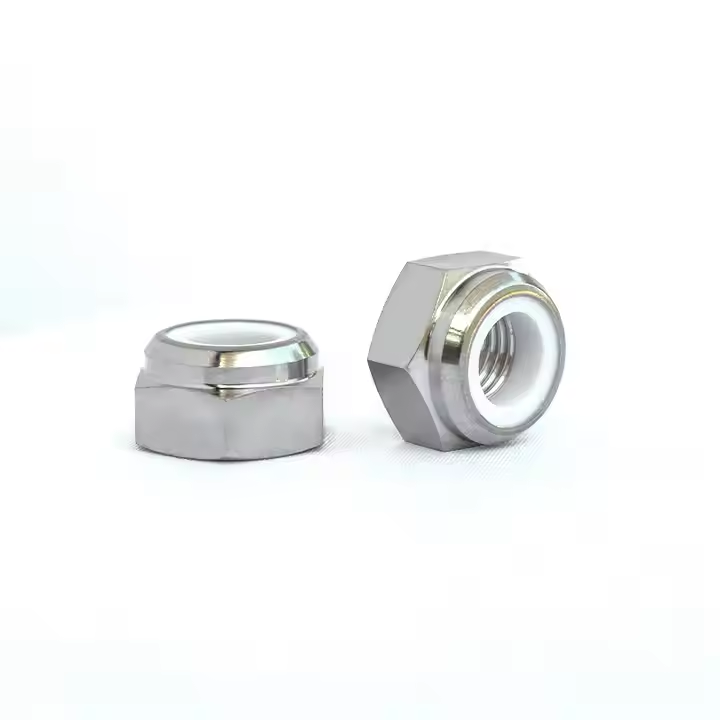


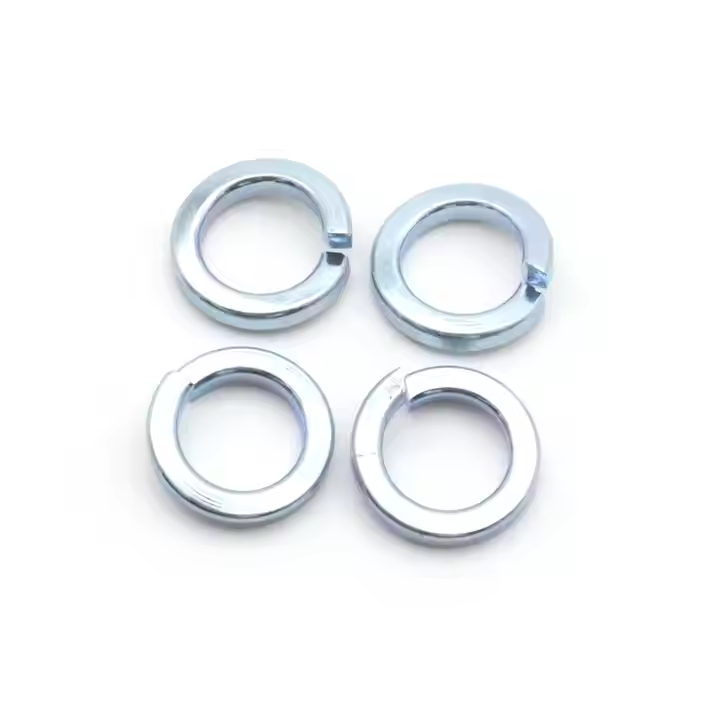
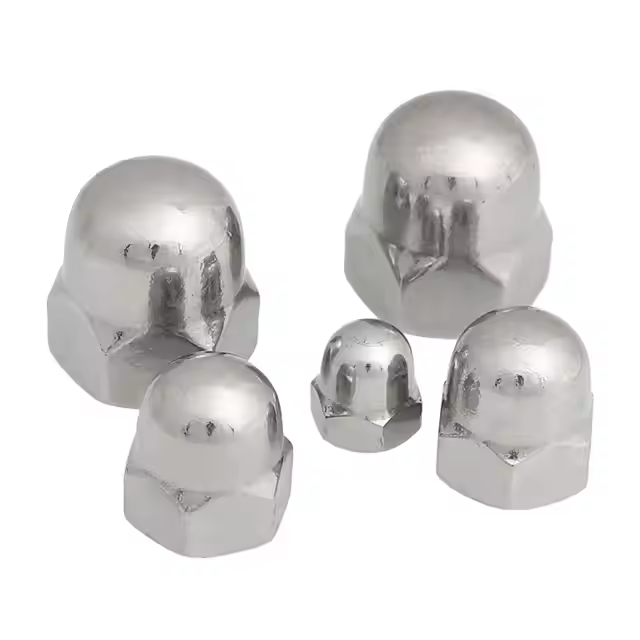
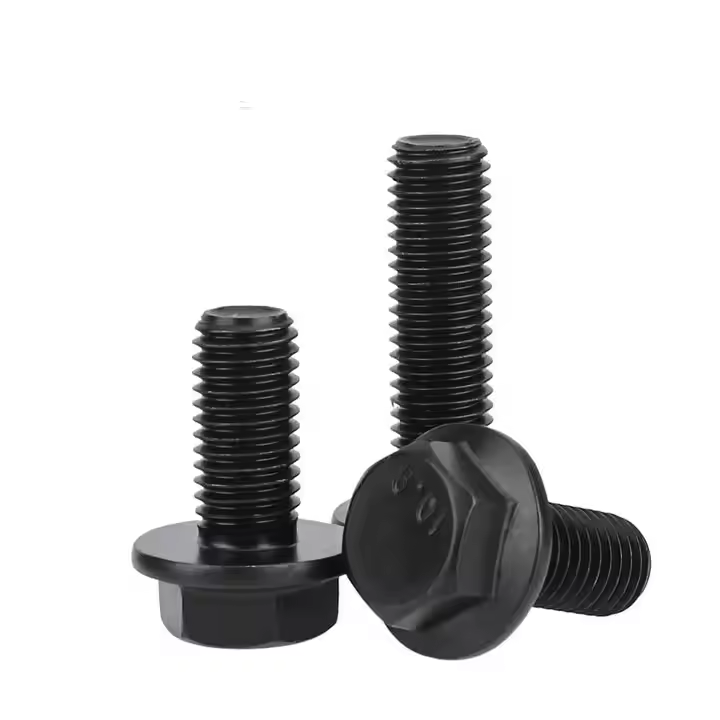
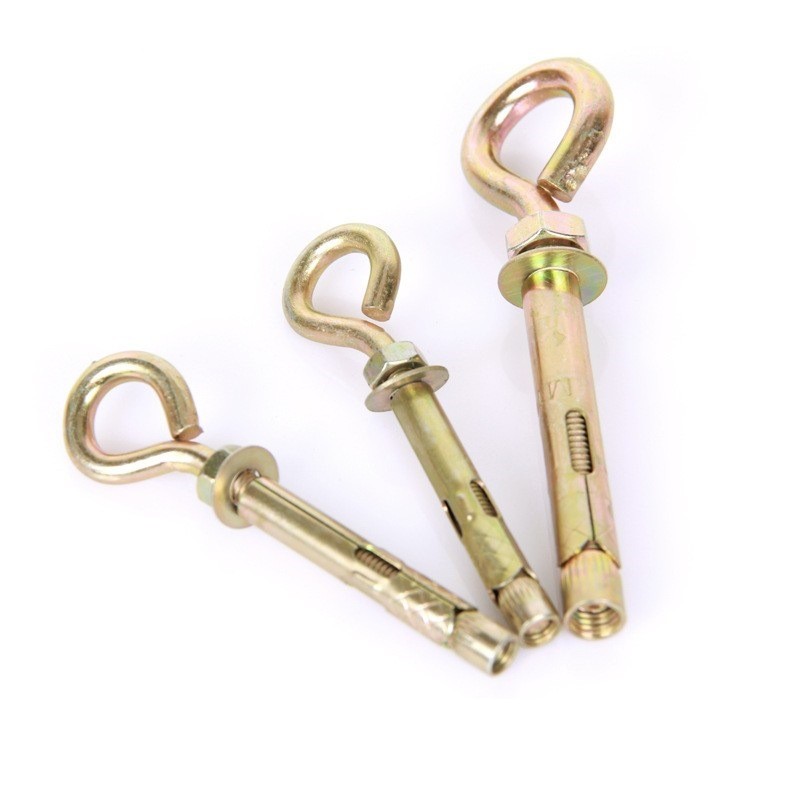


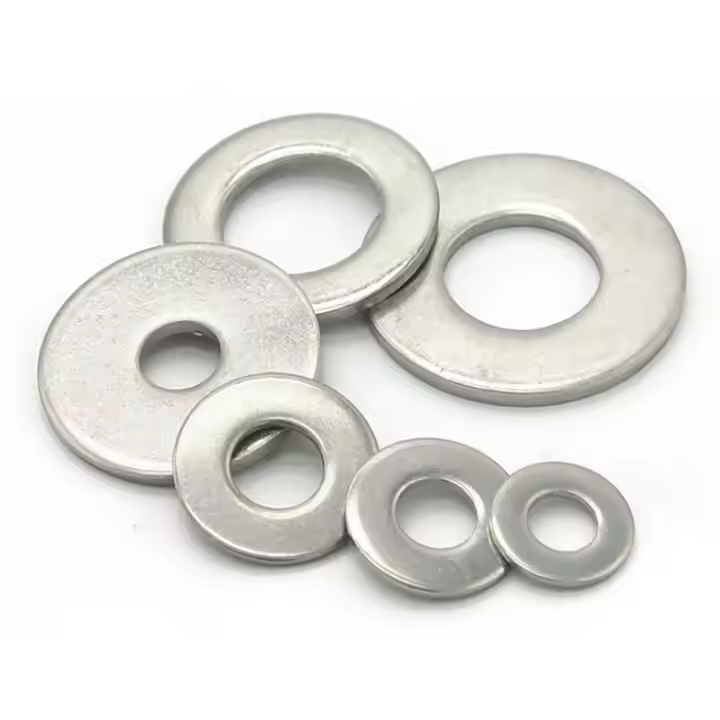
Please enter your email address and we will reply to your email.